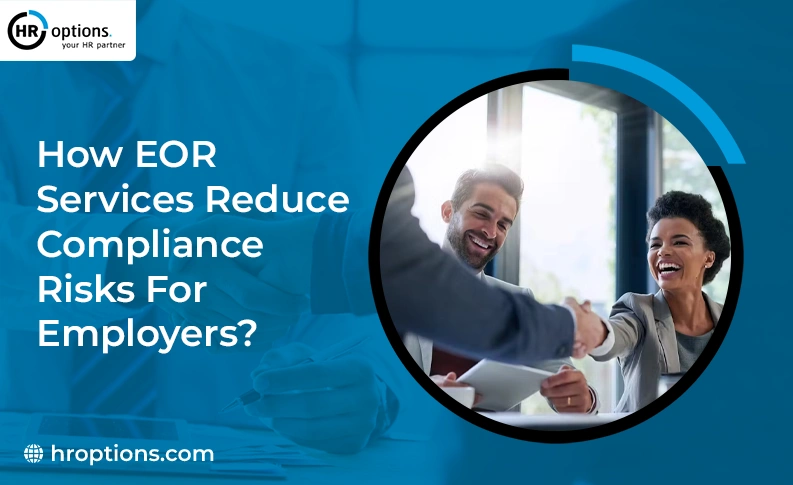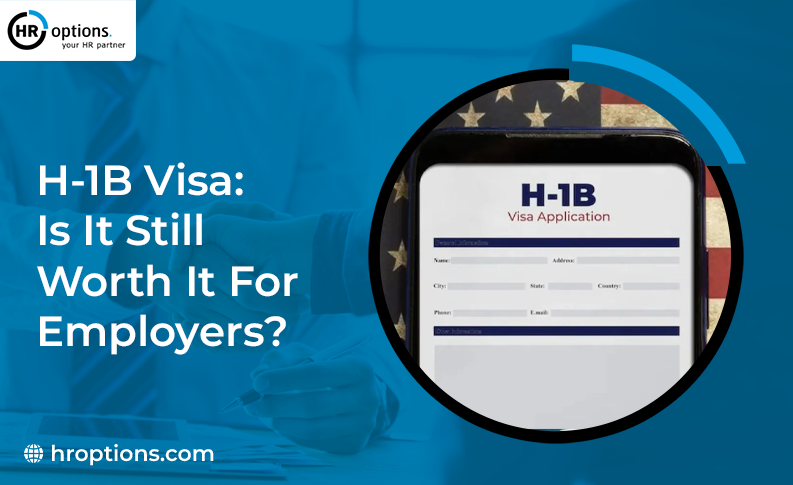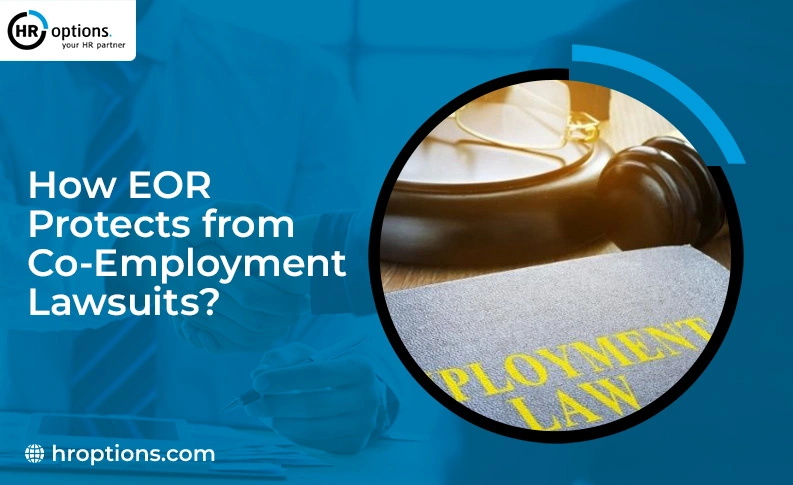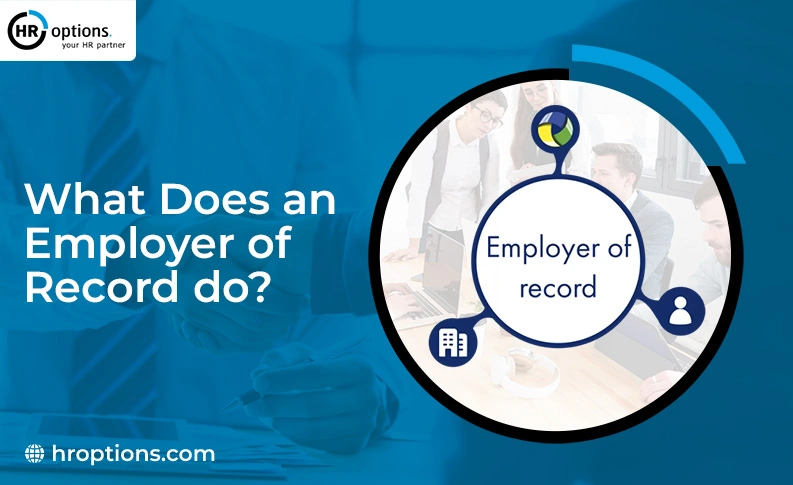Compliance with local labor laws is often overwhelming for businesses expanding into new markets or hiring globally. Each country has employment rules covering payroll, taxes, benefits, and worker rights. Mistakes can lead to fines, lawsuits, or even losing the ability to operate in that region.
This is where Employer of Record (EOR) services play an important role. An EOR acts as the legal employer on your behalf, ensuring every part of the employment process follows local regulations. The responsibilities of EOR is to manage payroll cycle, worker classification, employee benefits, and legal terminations. From managing contracts to handling payroll, EOR providers reduce compliance risks so businesses can focus on growth.
How EOR Services Reduce Compliance Risks
Here’s how EOR services work to reduce compliance risks:
1. Legally Valid Employment Contracts
EORs create and manage contracts that meet all local requirements. These contracts include job roles, salary, benefits, working hours, and termination clauses. Valid contracts protect both employers and employees while reducing disputes and penalties. They also ensure the language in contracts is clear and enforceable, which helps avoid misunderstandings between businesses and workers.
2. Payroll Accuracy and Timely Payments
Payroll mistakes are one of the biggest sources of compliance issues. An EOR handles payroll processing, ensuring employees are paid correctly and on time. They also manage tax deductions, overtime pay, and benefits, minimizing the risk of costly errors. By following strict payroll standards, EORs build employee trust and keep businesses safe from wage-related complaints.
3. Correct Worker Classification
Misclassifying workers as contractors instead of employees can lead to fines and lawsuits. EOR providers understand local definitions and ensure workers are classified correctly. This protects businesses from misclassification risks while ensuring workers receive proper benefits. Correct classification also helps companies avoid disputes over employee rights and entitlements.
4. Compliance with Labor Laws
Every country has different labour laws regarding wages, working hours, rest periods, and employee rights. EOR services keep up with these laws and ensure your company always stays compliant, even if the rules change. They provide regular updates and guidance so businesses don’t have to track complex regulations independently.
5. Managing Employee Benefits and Leave
Providing benefits like health insurance, annual leave, or maternity leave is often a legal requirement. EORs make sure employees get the benefits they are entitled to, keeping businesses compliant and employees satisfied. They align benefit packages with local legal requirements, which improves employee well-being and reduces turnover.
6. Handling Taxes and Social Contributions
EORs take care of tax filings and contributions to social programs like pensions, unemployment funds, or healthcare. This prevents errors that could result in penalties and ensures employees receive their full entitlements. Expert handling prevents costly delays or miscalculations that could damage finances and reputation.
7. Safe and Legal Termination Processes
Ending an employment contract must follow specific legal steps. EORs handle notice periods, severance pay, and termination documentation. This service reduces the risk of disputes, wrongful termination claims, and legal action against the employer. They also advise on best practices to maintain professionalism during employee exits.
8. Regular Updates on Law Changes
Employment regulations often change, especially across different regions. EOR providers track these updates and adjust policies accordingly, ensuring compliance without requiring employers to monitor every legislative change directly. This proactive approach keeps companies ahead of compliance challenges and prevents unexpected risks.
9. Employee Training and Policy Implementation
EOR providers often help companies implement local workplace policies and employee training programs. This ensures workers understand company rules, safety standards, and compliance requirements. Proper training reduces workplace mistakes, improves productivity, and protects businesses from potential legal violations.
10. Monitoring and Reporting Compliance Metrics
EORs track key compliance metrics such as payroll accuracy, benefits delivery, work hours, and tax filings. Regular monitoring and reporting allow employers to quickly identify issues before they escalate, ensuring ongoing compliance and minimizing the risk of audits or penalties.
Conclusion
Compliance with labor laws is a serious challenge for companies hiring across borders. Mistakes in contracts, payroll, taxes, or termination can result in heavy fines and reputational damage. EOR services reduce these risks by acting as the legal employer, managing every detail of compliance, and keeping businesses safe from costly errors.
If your business is ready to expand globally and reduce compliance risks, partner with HR Options for professional EOR services. Our experts will handle payroll, contracts, and legal requirements so you can confidently focus on growth.








